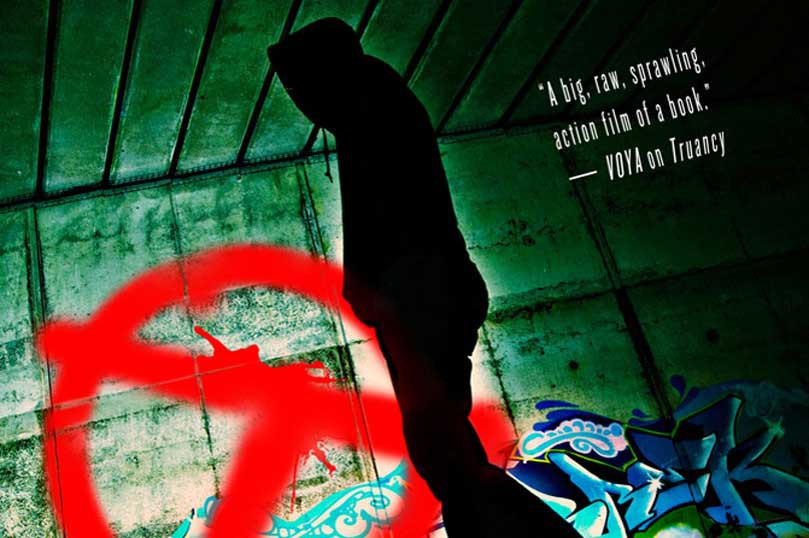Living in a Real Teenage Dystopia: The Classroom
Written by Isamu Fukui
In recent years there has been some discussion about the dystopian visions of George Orwell and Aldous Huxley and about which model is more relevant to our society today. This discussion can be boiled down to Orwell fearing that we would become slaves to pain while Huxley proposed that we would become slaves to pleasure. A strong argument can be made for the relevance of Huxley—our society is increasingly driven by distraction and entertainment. A desperate news industry, whose original purpose was to educate and inform, has surrendered any claim to that cause in favor of punditry and ratings. Reality is now largely dictated by appearances.
Yet I believe that the nightmare of Orwell is alive in our time. It lives in our classrooms. I know what it is like to have much of my daily life dominated by an autocratic administration led by an egotistic man who neither respects nor represents those in his care. The story of my high school education is a tale of four years under a principal who saw students as unruly creatures who needed to be controlled as tightly as possible; ostensibly for their own good, but really for his. Each year brought new baffling security measures, new restrictions on where and when you could go, punishments for students suspected of exiting the building through the wrong door because their skin color was dark enough to match a figure on a grainy video. That principal has recently been disgraced and displaced for covering up a massive exam cheating scandal. I regret that that was what it took to remove him.
A couple of years ago I made a return visit to that school at the invitation of an old teacher. On the way out I was physically accosted by staff and detained against my will because I still look young and they feared I might be a student cutting class. My experiences beg the question: On what basis should students placidly accept that their handlers know what is best for them? What recourse do they have against injustice? Whatever accountability that exists comes from the top down, not the bottom up.
At the time it was written, Truancy was not intended to advance an agenda. It was nothing more and nothing less than the extended daydream of a frustrated teenager. But in hindsight I now see the world of Truancy as something uniquely authentic—the classroom dystopia viewed through the eyes of a confused and angry denizen. What if the rules of that classroom dominated an entire society? That is the question I had attempted to address at the tender age of fifteen, and in so doing I may have unconsciously sought to expose the fundamental absurdity of modern education.
For the truth is that I don’t believe that high school encouraged independent thought for me; I think it punished it. It didn’t exalt the democratic process; it paraded around a mockery of it with student council elections. It didn’t promote independence and responsibility; it made the former impossible and limited the latter to slavish obedience. Everything the system claimed to do, it actually worked to undermine.
We need not speculate what a dystopia might look like in the here and now. All we have to do is go back to school.
Don’t miss the third and final book in Isamu Fukui’s dystopian Truancy Trilogy, Truancy City, available now from Tor Teen.
…………………………
From the Tor/Forge November newsletter. Sign up to receive our newsletter via email.
…………………………
More from the November Tor/Forge newsletter:
- How many syllables was that again, or, “Can I buy a vowel?” by Melissa Ann Singer
- The Care and Feeding of a Villain by Joseph Nassise
- On Taking Risks and Being Dead by Sharon Lynn Fisher
- Steampunk Sweepstakes






















